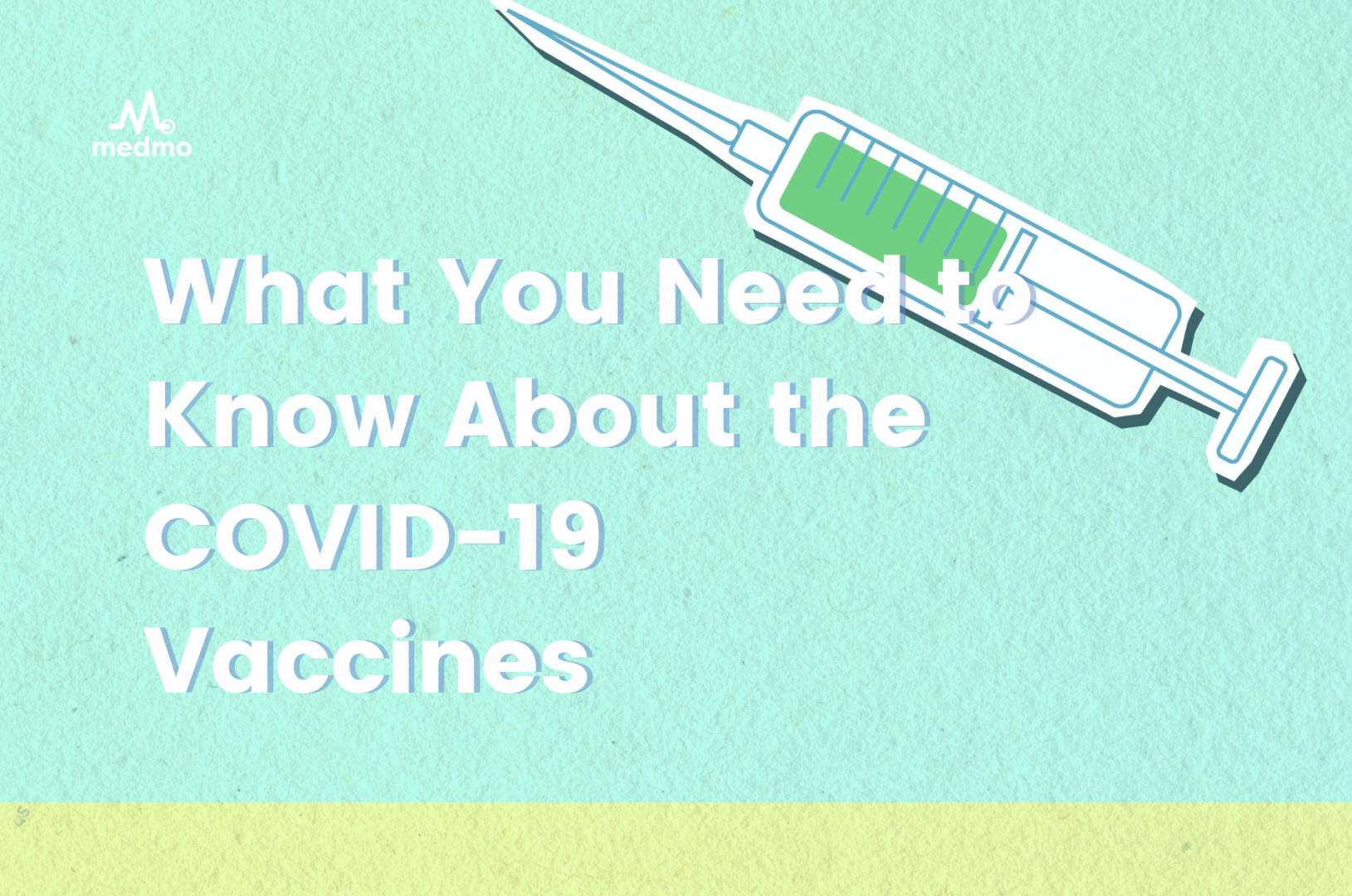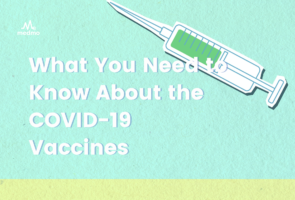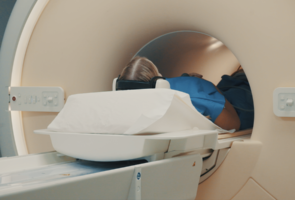
What You Need to Know About the Covid-19 Vaccines
As soon as the Food and Drug Administration (FDA) gave emergency authorization to the Pfizer and Moderna COVID-19 vaccines in December 2021, people had questions about how the vaccines work, their risks, and their impact on the lives of everyone affected by COVID-19. Here are some answers to the most commonly asked questions about these COVID-19 vaccines. Please consult your primary care physicians regarding questions about your health or any COVID-19-related symptoms you may be experiencing.
How do the vaccines work?
The Pfizer vaccine was the first approved by the FDA and is administered in 2 shots 21 days apart with each dose containing 30 micrograms of the vaccine. The Moderna vaccine contains 100 micrograms and is also administered in two shots but 28 days apart. The injection site for both vaccines is in the upper arm muscle and once inoculation is complete, they employ an information-coding molecule called RNA to initiate the immune response needed to protect individuals from the coronavirus that causes COVID-19. Both vaccines have about a 95% success rate.
How many doses are available?
Currently, there are not enough doses to meet demand. The only two companies that are authorized to provide the vaccine in the US are Moderna and Pfizer and each has promised to provide the US with 100 million vaccine doses by the end of March 2021, or enough for 100 million people to get the necessary two shots. Both companies are manufacturing doses at full capacity and collectively releasing between 12 million and 18 million doses weekly.
Who can get the vaccine?
After the FDA granted emergency-use authorization for the Pfizer and Moderna COVID-19 vaccines, the CDC distribution plan first allocated doses to such high-priority groups as healthcare and frontline workers, people at high risk of severe complications or death from the virus, and people over 65 in group-living settings such as nursing homes. Within months, the vaccine supply increased enough to allow for mass distribution, and now anyone who wants to get a vaccine can obtain one, including booster shots. Although children under 16 were not included in the vaccine’s sample studies, further testing ultimately led the FDA to approve the vaccine for most children. By mid-June of 2022, the FDA had authorized the vaccine for everyone six months old and older Those with questions about their eligibility should discuss it with their primary care provider before receiving it.
How long does protection last?
Since the vaccines and virus are both novel, researchers are still working to determine how long the vaccines protect against infection. As the pandemic continues, scientists are finding both that the level of protection offered by vaccines declines over time, which has led to recommendations for booster shots, and that some new variants of the disease can more easily defeat vaccine protection, which has led to the drug companies to explore new formulations that can protect against the evolving threat.
Can I get the vaccine if I’m pregnant, breastfeeding, or immunocompromised?
Women who are pregnant or lactating can get the COVID-19 vaccination. People who are immunocompromised are also cleared for vaccination. If you have questions, please speak to your provider to make an informed decision for your unique situation.
Can children get the vaccine?
The FDA approved both the Modern and Pfizer COVID-19 vaccines for children as young as sux months on June 17, 2022. Consult your doctor if you have additional questions about giving your child any COVID-19 vaccines or treatments.
What are the common side effects?
Temporary side effects such as injection-site soreness, body aches, fatigue and fevers—similar to what some flu vaccine recipients report—are possible after getting vaccinated for COVID-19, the CDC says. To book an imaging scan, visit us at Medmo.com. Medmo helps people schedule radiology imaging tests – such as MRI, CT scans, PET, and more – at nearby accredited centers and identify the payment solution that works best for them.
Ready to get started?
Here’s what you’ll need to schedule an appointment
1. Imaging referral / prescription
2. Your contact information
3. Insurance OR card information

